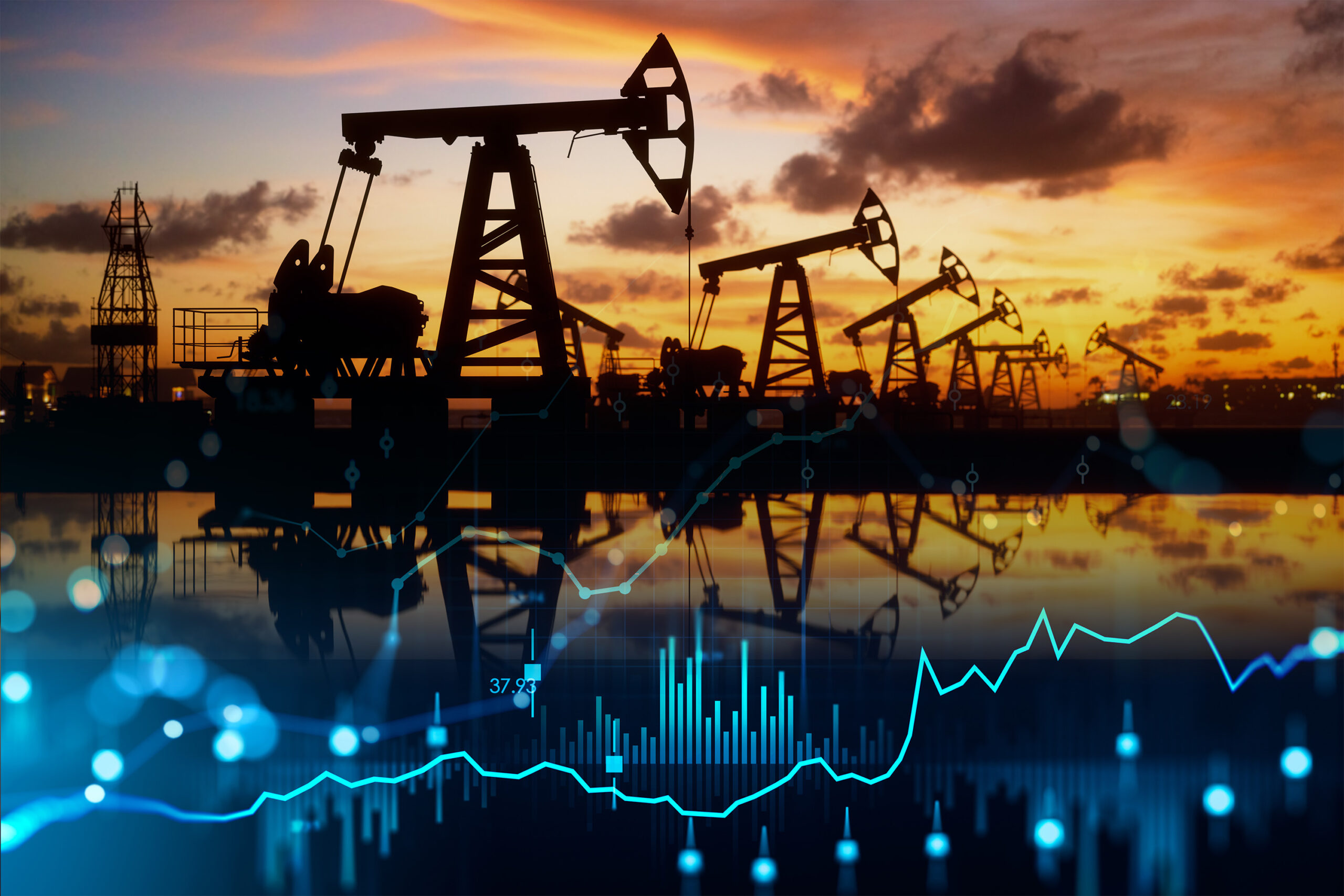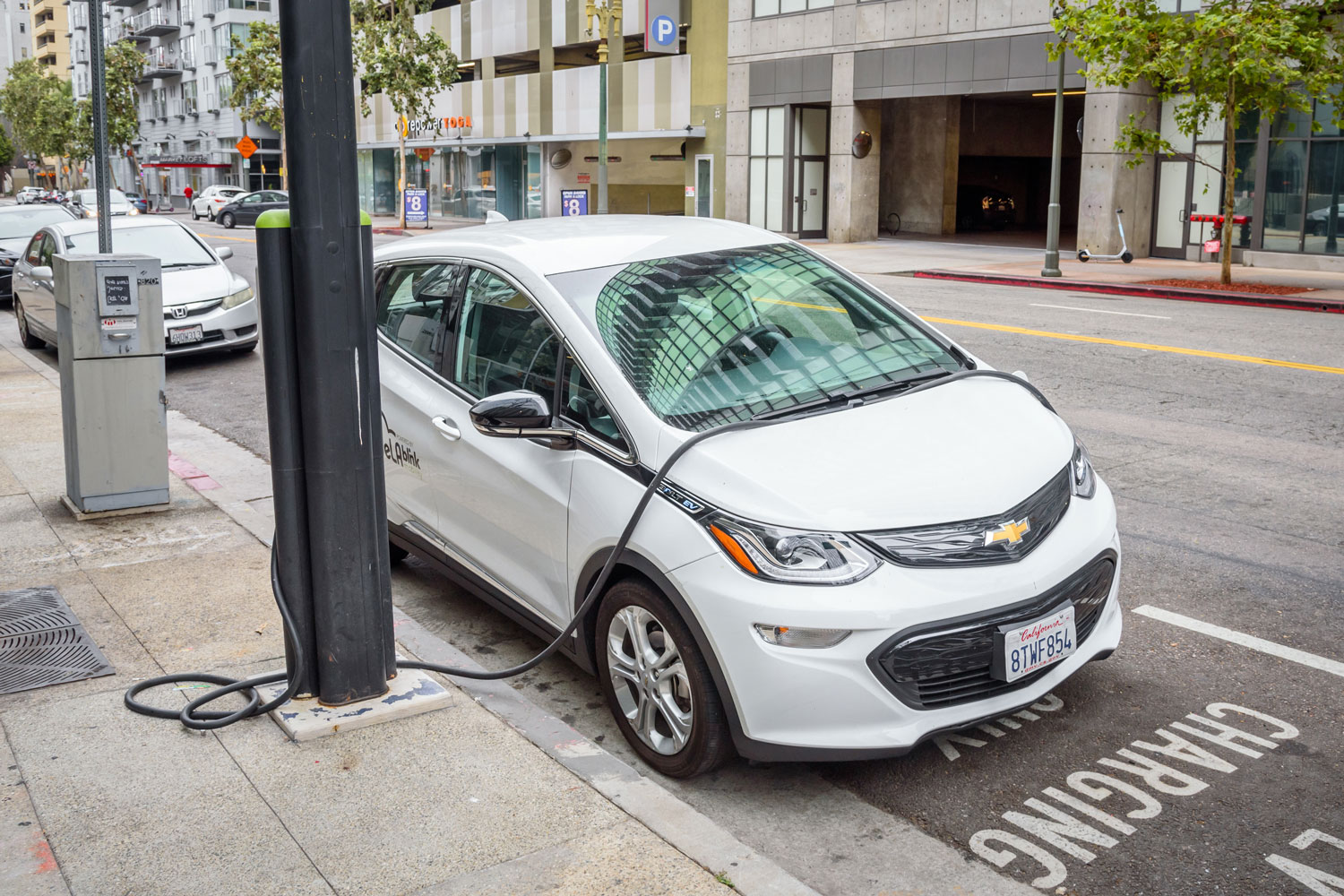The operation of oil fields is fraught with challenges that can lead to significant complications.
Among the most prevalent issues are brine spills, a harmful byproduct of oil extraction, as well as the dangers of over- or under-pumping, which can cause machine malfunctions and methane leaks. It’s worth noting that the oil and gas sector is the leading industrial source of methane emissions in the U.S. Extreme weather conditions, from harsh winters to scorching summers, can also incapacitate equipment for extended periods. An unexpected complication that Sebastien Mannai SM ’14, PhD ’18 encountered involved hogs prying open oil tanks for impromptu oil baths.
Mannai is dedicated to empowering oil field operators to detect and address these issues while fine-tuning machinery operation to preemptively mitigate problems. He is the founder and CEO of Amplified Industries, a company that provides innovative tools for oil field monitoring and control, enhancing both efficiency and sustainability in the sector.
Amplified Industries’ advanced sensors and analytic tools offer real-time alerts, enabling operators to swiftly tackle potential issues before they escalate into crises.
“We can identify 99 percent of factors influencing these machines, from mechanical defects to human errors, including those occurring thousands of feet underground,” explains Mannai. “Our AI system allows operators to set the wells on autopilot, automatically adjusting or shutting down operations in the event of issues.”
Amplified collaborates with private firms across various states, including Texas and Wyoming, managing as many as 3,000 wells. This customer base constitutes a significant portion of U.S. oil well operators, many of whom utilize older equipment that is more prone to failure.
These operators also face increasing pressure from new environmental regulations, such as the Environmental Protection Agency’s methane guidelines, which aim to drastically cut methane emissions in the industry over the coming years.
“Operators do not wish to release methane,” Mannai emphasizes. “Additionally, when gas infiltrates pumping equipment, it can lead to earlier-than-expected failures. Our technology detects gas and subsequently slows the pump to avert such issues. This dual approach allows for both operational benefits and a smaller environmental impact, reducing spills and methane emissions.”
Utilizing Every MIT Resource Available
Mannai became well-versed in state-of-the-art technology utilized in the aerospace sector while earning his master’s degree at MIT’s Gas Turbine Laboratory. During his PhD, he interned with an oil services firm, leading to the revelation that the oil and gas industry largely relied on outdated technologies and equipment.
“Upon my initial visit to the field, I was astonished by how antiquated the operations were,” recalls Mannai, who had experience in rocket engine and turbine manufacturing. “Many oil wells are adjusted based on intuition and established norms. Industrial automation has consistently underperformed for these operators.”
Monitoring oil wells traditionally requires personnel to drive substantial distances, inspecting for clear issues. Additionally, current sensors are costly and often susceptible to damage, rendering them unusable over time and forcing technicians to rely on educated guesses regarding well statuses.
“We frequently observe equipment being unplugged or misconfigured due to its complexity and poor design pertinent to field realities,” Mannai notes. “Ground workers often have to eliminate the control system and revert to manual pumping, resulting in numerous spills and suboptimal pumping rates.”
To create a more effective oil well monitoring system, Mannai tapped into MIT’s various entrepreneurial resources, including the MIT Sandbox Innovation Fund and the Venture Mentoring Service (VMS). He engaged in the delta V summer accelerator at the Martin Trust Center for MIT Entrepreneurship, the fuse program during IAP, and the MIT I-Corps program, alongside several MIT Sloan School of Management courses. In 2019, Amplified Industries—previously known as Acoustic Wells—secured the MIT $100K Entrepreneurship competition award.
“I took advantage of every entrepreneurship-related initiative available and leveraged all MIT resources at my disposal,” Mannai reflects. “MIT was truly instrumental for us.”
Following his postdoctoral fellowship at MIT, Mannai officially launched the company, which successfully raised its first funding round in early 2020. That same year, Amplified’s growing team relocated to the Greentown Labs startup incubator in Somerville.
Creating the company’s battery-operated, low-cost sensors posed significant challenges. These sensors run machine-learning models and have a battery life of up to ten years. They must also withstand extreme conditions, whether it’s the scorching heat of the New Mexico desert, the wet swamps of Louisiana, or the frigid winters of North Dakota.
“We engineer extremely durable and resilient hardware; it’s necessity in those environments,” Mannai notes. “Additionally, they’re designed for simplicity in deployment, so if a device fails, replacing it is as easy as changing a light bulb: we send a new unit and it takes just minutes to install.”
Customers typically install four to five of Amplified’s sensors per well, attaching them to cables and pipes to monitor parameters like pressure, tension, and electrical current. A substantial volume of data is transmitted to Amplified’s cloud, where it is analyzed by their powerful analytics engine. The system employs signal processing techniques and AI models for real-time diagnostics and equipment control, automatically notifying operators of any emerging issues. Owners and managers can then adjust operation settings remotely or shut down the well if necessary.
“AI plays a critical role here; simply collecting data and presenting it on a comprehensive dashboard adds to the workload,” Mannai asserts. “The vital aspect is efficiently processing and interpreting the recorded data to make it actionable.”
Amplified’s dashboard is tailored to different roles in the organization, ensuring field technicians can respond to issues promptly while offering high-level insights for managers and owners.
Often, the installation of Amplified’s sensors reveals previously unrecognized issues—preventing hundreds of thousands of gallons of brine water spills, which are particularly harmful to surrounding flora due to their high salt and sulfur content.
Taking environmental responsibility further, Amplified is now pivoting towards methane leak detection.
Supporting a Transforming Industry
The EPA’s proposed new Waste Emissions Charge for oil and gas companies is poised to start at $900 per metric ton of reported methane emissions in 2024, with projections to rise to $1,500 per metric ton in 2026 and beyond.
Mannai believes Amplified is ideally situated to assist companies in complying with these emerging regulations. The technology has already proven capable of identifying various types of leaks solely based on data analysis.
“Typically, methane leak detection mandates someone to inspect every valve and pipe with specialized tools, yet operators often manage thousands of valves and miles of piping,” Mannai elaborates. “What occurs in the field is that many operators are unaware of pipe locations due to frequent ownership changes, sometimes causing them to overlook intermittent leaks.”
Ultimately, Mannai envisions a robust data infrastructure and modernized sensing technology as the backbone of the oil and gas industry, essential for enhancing operational efficiency and reducing environmental impact.
“We provide a service to ensure that equipment functions optimally at all times,” Mannai concludes. “This translates to significantly fewer fines from the EPA and better-performing machinery. A transformative mindset is emerging throughout the industry, and we’re facilitating that transition in an accessible and cost-effective manner.”
Photo credit & article inspired by: Massachusetts Institute of Technology



